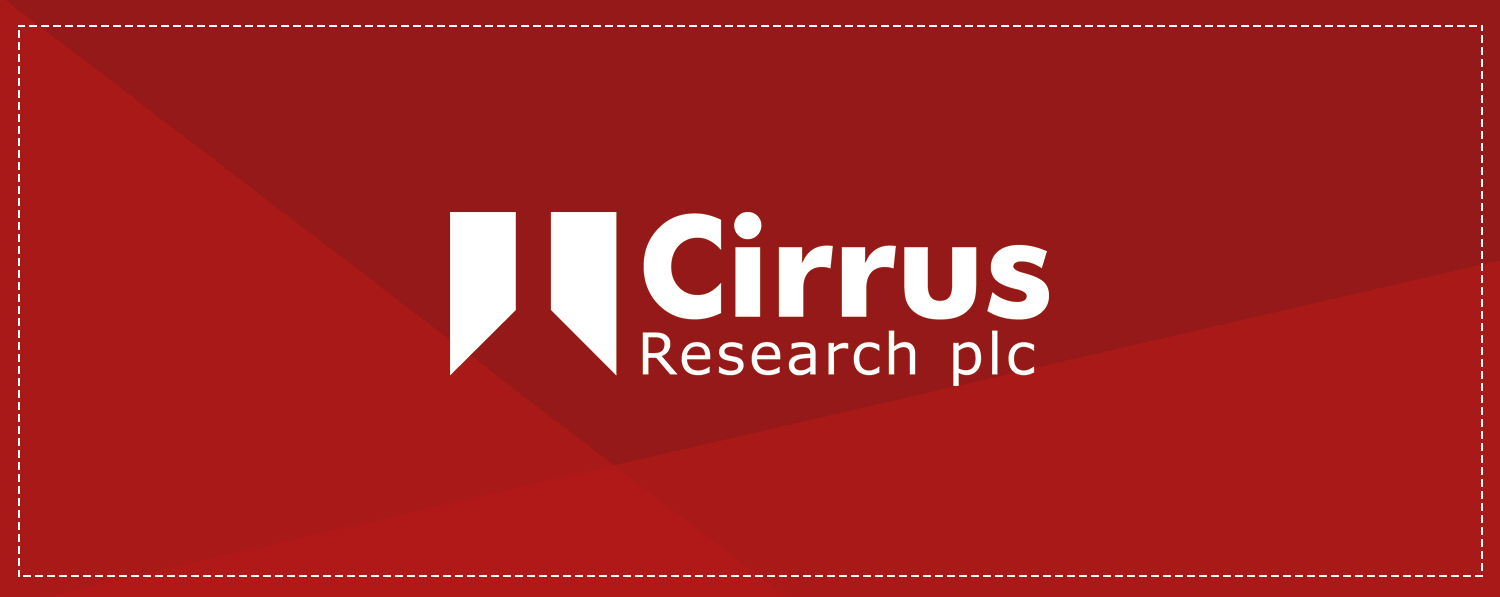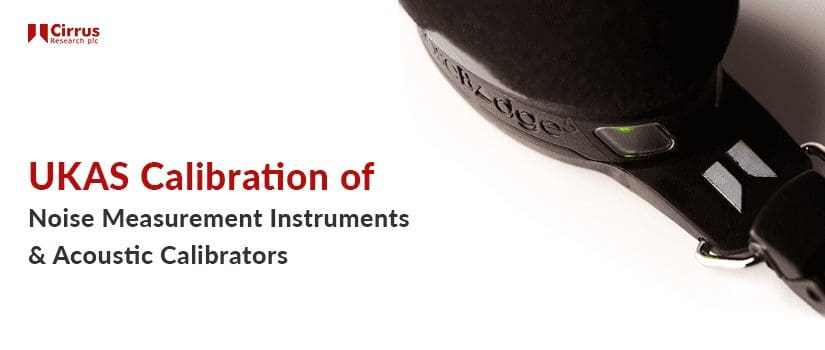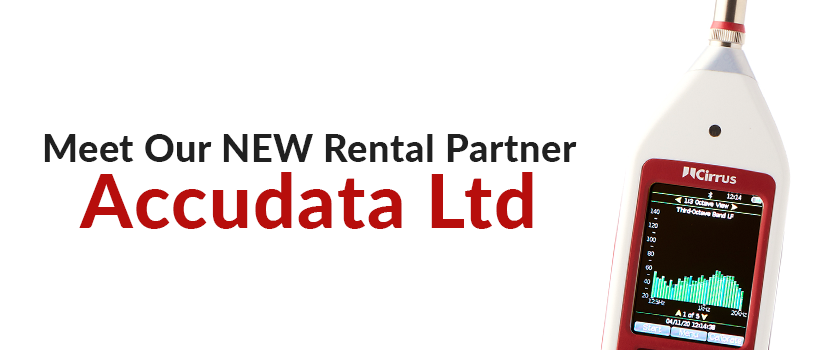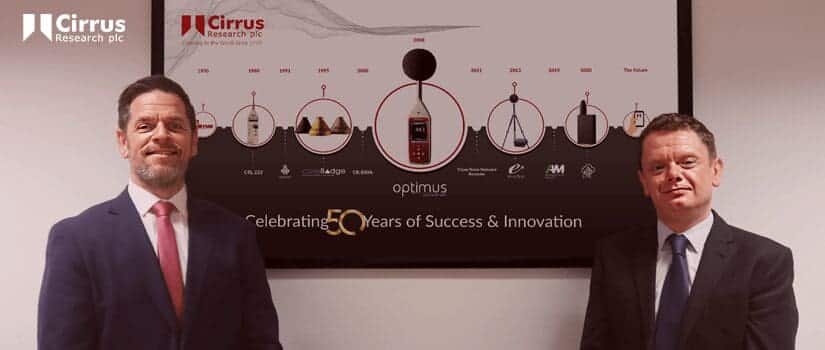If you are using your noise measurement instrument to meet any Standards, Regulations or Guidelines it is essential that your equipment is measuring accurately.
If you are working to the Noise at Work Regulations 2005, or any ISO or BS EN standard that requires the use of noise measurement equipment, the standards to which the equipment must comply will be clearly stated. If you are going to continue to use your noise measurement instruments it is vital that they continue to meet these same standards.
Each time your instrument is used it should be calibrated using an acoustic calibrator before and after each measurement to check that it is working as correctly. This is called field calibration.
However, as noise instruments are precision measurement instruments, they should be subject to routine verification to ensure that they continue to perform accurately.
This is why you should have your instruments calibrated regularly by an appropriate laboratory.
Think of this as being like an MOT for your Sound Level Meter. Without this, are you sure that your instrument is performing to its original specifications?
We also often get asked why an instrument needs to be calibrated every time it is used. A sound level meter or noise dosimeter is a precision instrument and so should be treated with care. Any damage may not be immediately obvious and so using an Acoustic Calibrator before you make any measurements helps to check that the instrument will measure correctly.
However, using an Acoustic Calibrator only checks one level and one frequency and so regular servicing and calibration (Periodic Verification) is essential to ensure that all of the features and functions of your instrument are working correctly.
Find out more about calibration of our noise measurement instruments and why calibration is important:



